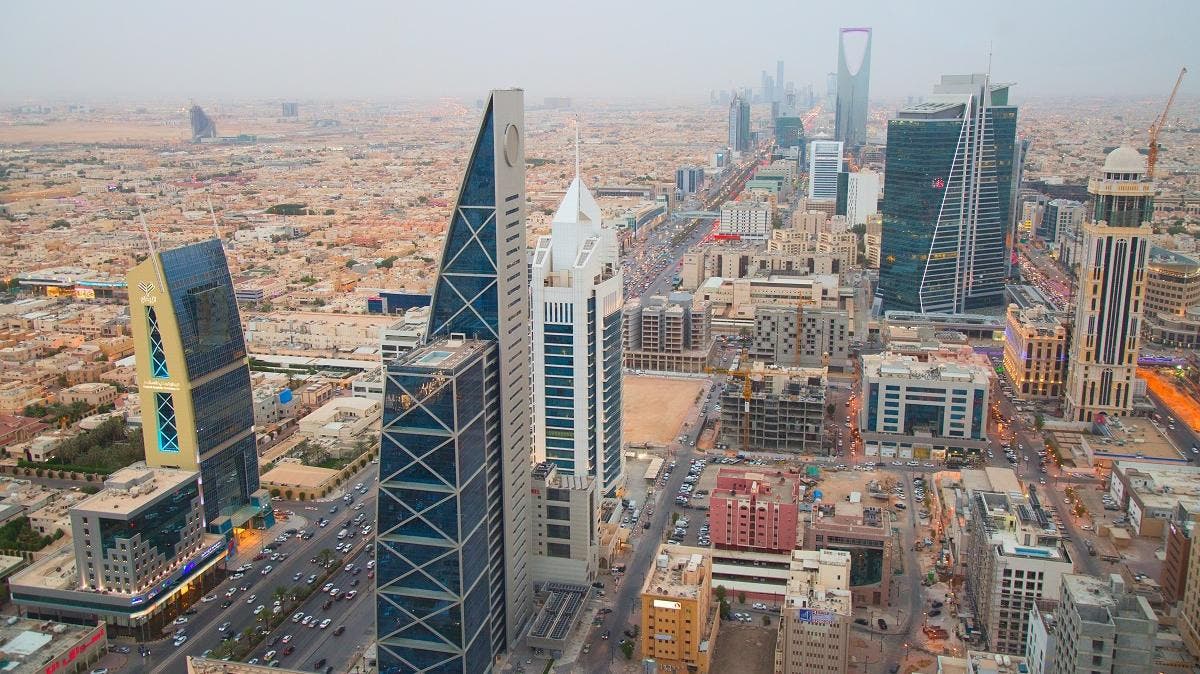The Gulf Cooperation Council’s (GCC) economic growth will accelerate this year to a pace not seen in a decade, according to a Reuters poll of economists, who said high inflation and a slowing global economy were the biggest downside risks.
For the latest headlines, follow our Google News channel online or via the app.
Crude prices, a major driver for Gulf economies, shot up after Russia invaded Ukraine in February and have remained elevated, giving a major boost to economies in the oil and gas-rich region.
An April 12-22 Reuters poll predicted growth overall in the six GCC economies would average 5.9 percent this year, which would be the fastest since 2012.
“GCC economies have seen a relatively strong start to 2022. The hydrocarbons sectors have benefited from increased oil production so far this year, with crude oil production up 12 percent on Q1 2021 for the UAE and 19 percent over the same period for Saudi Arabia,” said Khtija Haque, chief economist at Emirates NBD.
“Survey data for the first quarter of the year point to a solid expansion in non-oil sectors as well, with strong growth in business activity and new work in the UAE, Saudi Arabia, and Qatar.”
For Saudi Arabia, the region’s largest economy and world-leading exporter of crude oil, about 80 percent – or 17 of 22 contributors – upgraded their forecasts from the previous poll in January.
It was expected to grow 6.3 percent in 2022, up from the 5.7 percent forecast three months ago, before slowing to 3.2 percent growth next year. If that happens, 2022 growth would be the fastest since 2011, when oil averaged around $111 per barrel.
The expected growth in Kuwait at 6.4 percent, and in the United Arab Emirates (UAE) at 5.6 percent, would be the fastest in around a decade. Qatar, Oman, and Bahrain are expected to grow around 4 percent, the fastest in several years.
However, when asked for the top two downside risks to GCC economies this year, 10 of 12 economists who answered an additional question said high inflation and a slowdown in the global economy.
Inflation in most of the GCC economies has risen in recent months against the backdrop of high food prices caused by the Russia-Ukraine war.
Although modest in comparison to many other countries, GCC inflation is expected to rise above 2 percent this year, with the highest median forecast for Qatar at 3.5 percent, and the lowest for Saudi Arabia at 2.5 percent.
“In the face of higher commodity and global food prices, we have revised our 2022 inflation forecast for the GCC region to be about 3.5 percent from around 2.5 percent,” noted Ilker Domac, regional head of economics at Citi.
“Since GCC countries import 85 percent of their food, a sustained upward pressure on international food prices could pose a challenge for policymakers in the region.”
Also, uncertainty caused by the conflict in Ukraine could have an adverse impact on a global economy just emerging from the ravages of the pandemic.
The International Monetary Fund last week slashed its 2022 global growth forecast, citing war impact and describing inflation as a “clear and present danger.”
The GCC, highly dependent on revenues from energy exports, would face weaker demand from an economic slowdown – especially in China, one of the world’s biggest oil and gas importers.
“From the regional perspective, global growth concerns become a worry if they hit oil prices. Price pressures are certainly being felt though on the assumption inflation eases into 2023, the present trends should not derail efforts to keep non-oil sector recoveries on track,” said Maya Senussi, senior economist at Oxford Economics.
Read more:
Saudi Arabia’s economy to grow by 2.8 percent amid record-high oil prices: IMF
Saudi Arabia’s new investment law to increase international business by over 50 pct
Middle East records highest jump in confidence, orders as per global economic survey

 World2 years ago
World2 years ago
 World2 years ago
World2 years ago
 Entertainment7 years ago
Entertainment7 years ago
 World7 years ago
World7 years ago
 Entertainment7 years ago
Entertainment7 years ago






